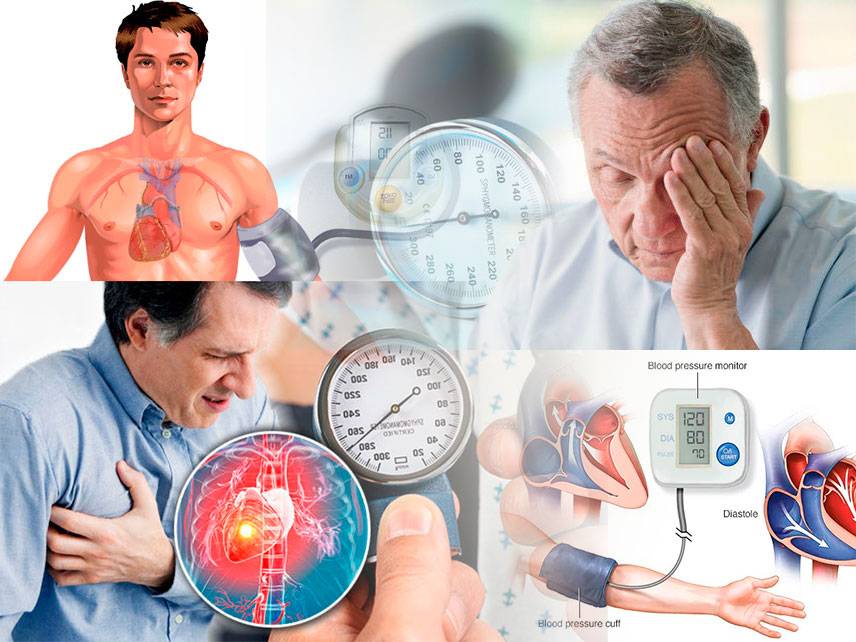Hypertension, also known as high blood pressure, is a medical condition when the force of blood against artery walls is too high. It is one of the leading causes of death and disability in the world.
Signs and Symptoms
In most cases, high blood pressure has no symptoms. That’s why it’s important to have regular checkups with your doctor to make sure your blood pressure is normal.
Causes of High Blood Pressure
The exact cause of high blood pressure is unknown.
However, certain factors can increase your risk of developing it, including:
-
Age
-
Gender
-
Race
-
Family history
-
Obesity
-
Smoking
-
Lack of physical activity
-
Excessive alcohol consumption
-
Stress
-
Certain medications
-
Certain medical conditions
Risk Factors for Hypertension
Risk factors for developing hypertension include age (people over the age of 45 are more at risk), gender (men are more likely to develop high blood pressure than women), race (African Americans are more likely to develop high blood pressure than other races), family history, obesity, smoking, lack of physical activity, excessive alcohol consumption, stress, certain medications, and certain medical conditions.
Prevention of Hypertension
The best way to prevent high blood pressure is to live a healthy lifestyle. This includes eating a balanced diet, exercising regularly, managing stress, limiting alcohol consumption, avoiding smoking, and maintaining a healthy weight.
Diagnosis
High blood pressure is usually diagnosed during a doctor’s visit. The doctor will measure your blood pressure using a device called a sphygmomanometer. If your blood pressure is consistently high, your doctor may recommend further testing to determine the cause.
Treatment of Hypertension
Treatment for high blood pressure usually involves lifestyle changes, such as diet and exercise, as well as medications. Depending on the severity of your condition, your doctor may also recommend lifestyle changes, such as reducing your salt intake, quitting smoking, and reducing alcohol consumption.
What are 5 treatments for hypertension?
There are many different treatments for hypertension, and the best course of treatment will vary from person to person.
Here are five common treatments for high blood pressure:
-
Weight loss. If you are overweight or obese, losing weight can help to lower your blood pressure.
-
Exercise. Regular exercise can help to lower blood pressure by making your heart stronger and more efficient.
-
Dietary changes. Making changes to your diet, such as reducing your sodium intake, can help to lower blood pressure.
-
Medications. There are many different types of medications that can be used to treat hypertension.
-
Relaxation techniques. Stress can contribute to high blood pressure, so learning to relax and manage stress can help to lower your blood pressure.
Coping and Support for High Blood Pressure
It can be difficult to cope with high blood pressure. It’s important to talk to your doctor about strategies for managing stress, diet, and other aspects of your lifestyle that can help you cope. There are also support groups for people with high blood pressure, which can help you manage your condition.
Complications of High Blood Pressure
If high blood pressure is left untreated, it can lead to serious complications, such as heart attack, stroke, and kidney failure.
Living with High Blood Pressure
Living with high blood pressure can be challenging, but there are steps you can take to help manage your condition. These include eating a healthy diet, exercising regularly, managing stress, and taking medications as prescribed. It’s also important to have regular checkups with your doctor to make sure your blood pressure is under control.





